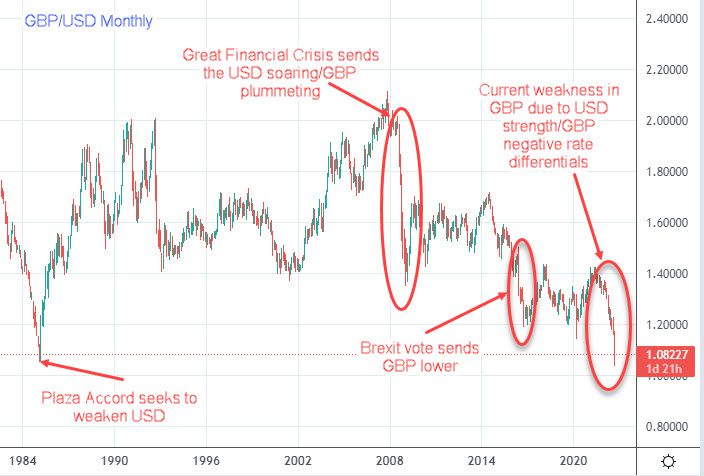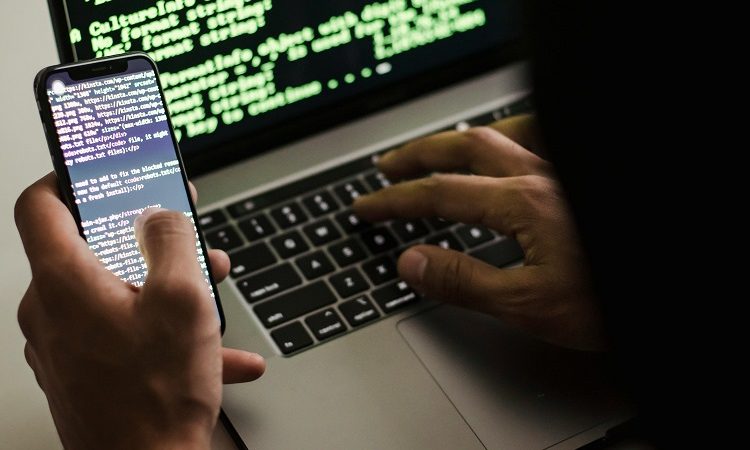Pound to USD: Ever-Shifting Dynamic Exchange Rate

The Pound Sterling to US Dollar (GBP/USD) exchange rate has been a pivotal indicator in the global financial landscape for decades. This currency pair’s movements have far-reaching implications, affecting international trade, investment decisions, and even the livelihoods of individuals worldwide. The pound’s value against the dollar is a reflection of economic strength, geopolitical events, and market sentiment, making it a subject of keen interest for traders, economists, and the general public.
Historical Context
Historically, the pound has held a significant position in the global financial system. As the currency of the United Kingdom, it has witnessed fluctuations tied to various economic cycles, political events, and market trends. The relationship between the pound and the US dollar, often considered a barometer of global economic health, has been both volatile and influential.
Factors Influencing the Exchange Rate
Several factors contribute to the fluctuation of the pound to usd exchange rate:
- Economic Indicators: Key economic data, including GDP growth, employment rates, inflation, and trade balances, influence currency values. Positive indicators generally strengthen a currency, while negative indicators may lead to depreciation.
- Monetary Policy: Decisions made by central banks, such as the Bank of England and the Federal Reserve, regarding interest rates and quantitative easing, play a crucial role in currency valuation.
- Political Stability and Geopolitical Events: Political stability fosters investor confidence, positively impacting a currency. Geopolitical events, such as elections, Brexit-related news, and international tensions, can cause significant fluctuations in exchange rates.
- Market Sentiment and Speculation: Investor sentiment and speculative activities in financial markets also impact currency values. Optimistic or pessimistic market sentiments can drive substantial short-term movements.
Impact on Various Sectors
The GBP/USD exchange rate influences numerous sectors:
- International Trade: Fluctuations in exchange rates affect the cost of imported and exported goods, impacting businesses engaged in international trade.
- Investment and Finance: Investors and financial institutions strategically manage currency exposure to mitigate risks and optimize returns, considering the GBP/USD rate in their decision-making.
- Tourism and Travel: Currency fluctuations affect the affordability of travel and impact tourism flows between countries.
Recent Trends and Forecasts
In recent years, the GBP/USD exchange rate has seen notable shifts. Events like Brexit negotiations, economic recovery post-pandemic, diverging monetary policies between the UK and the US, and geopolitical tensions have contributed to volatility.
Forecasts for the GBP/USD rate often consider economic data, policy changes, and geopolitical developments. Analysts use various models and fundamental analysis to predict potential movements, but the unpredictable nature of markets makes pinpointing future rates challenging.
Conclusion
The pound to usd exchange rate’s significance extends beyond financial markets. Its fluctuations reflect the complex interplay between economic fundamentals, geopolitical events, and market sentiment. Understanding the factors influencing this exchange rate can provide insights into global economic trends and help individuals and institutions navigate the dynamic world of international finance. As the global landscape continues to evolve, the pound to US dollar exchange rate will undoubtedly remain a crucial focal point for financial observers worldwide.





